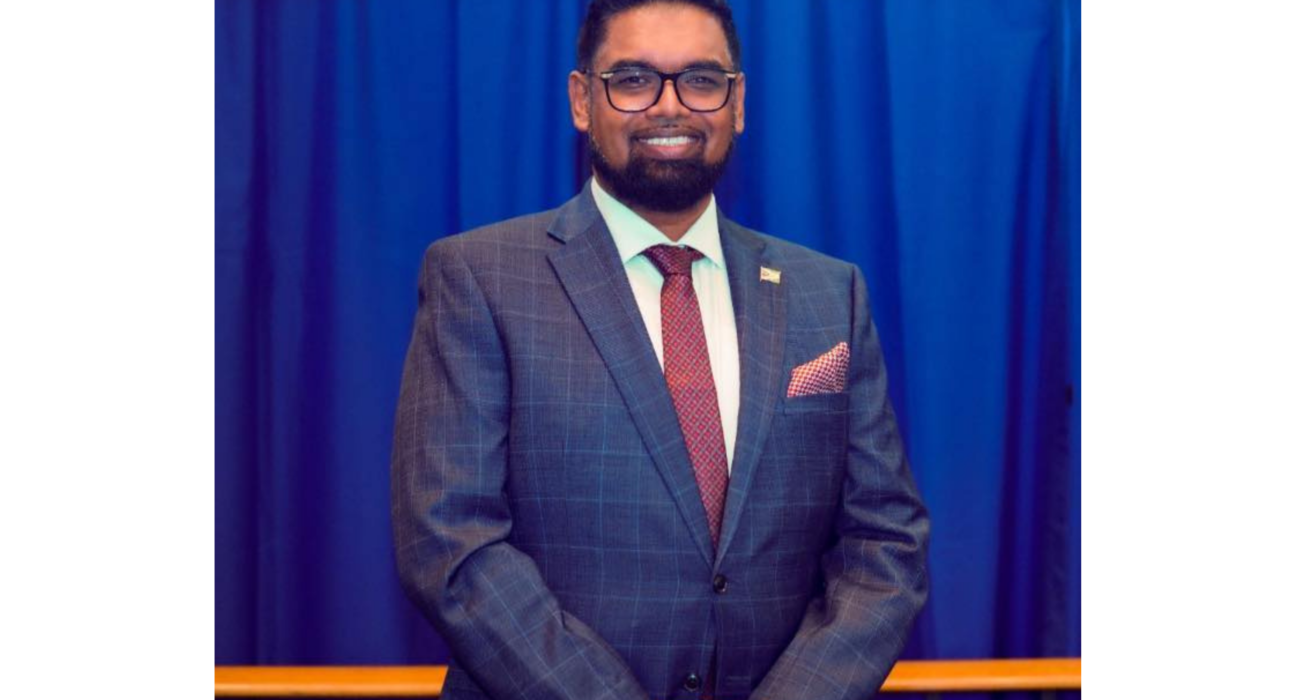By Radha Motielall
President Dr. Irfaan Ali of Guyana has led the United Nations Security Council (UNSC) Open Debate addressing the critical nexus between climate change, food insecurity, and international peace and security.
This landmark event, held as part of Guyana’s presidency of the UNSC for February, underscores the nation’s commitment to addressing pressing global challenges.
The debate commenced with UN Secretary-General António Guterres expressing gratitude to Guyana for convening the Council to deliberate on the profound implications of the climate crisis and food insecurity for global stability.
Guterres emphasized the escalating threats posed by climate chaos and food crises to peace and security, highlighting the urgent need for concerted action by the Council.
Supporting Guterres’s stance, Executive Secretary of the UN Framework Convention on Climate Change (UNFCCC), Simon Stiell, emphasized the direct correlation between food insecurity and conflict.
Stiell reiterated the imperative for addressing these intertwined issues to mitigate the risk of escalating global instability.
President Ali, in his address to the Security Council, elucidated on the intricate interplay between climate change, food insecurity, and conflict, emphasizing their role as primary drivers of instability.
He underscored the vicious cycle created by the overlap of climate-induced conflicts and food insecurity, stressing Guyana’s recognition of the potential for armed conflict to exacerbate food insecurity and famine threats.
Ali advocated for a proactive approach by the Security Council, urging the formulation of comprehensive measures to address the multifaceted impacts of climate change and food insecurity on conflict dynamics.
He called for a thorough analysis of these impacts and the integration of targeted strategies into conflict resolution frameworks.
In conclusion, President Ali reiterated Guyana’s commitment to advancing global peace and security by advocating for concrete measures to tackle the interconnected challenges of climate change, food insecurity, and conflict.

